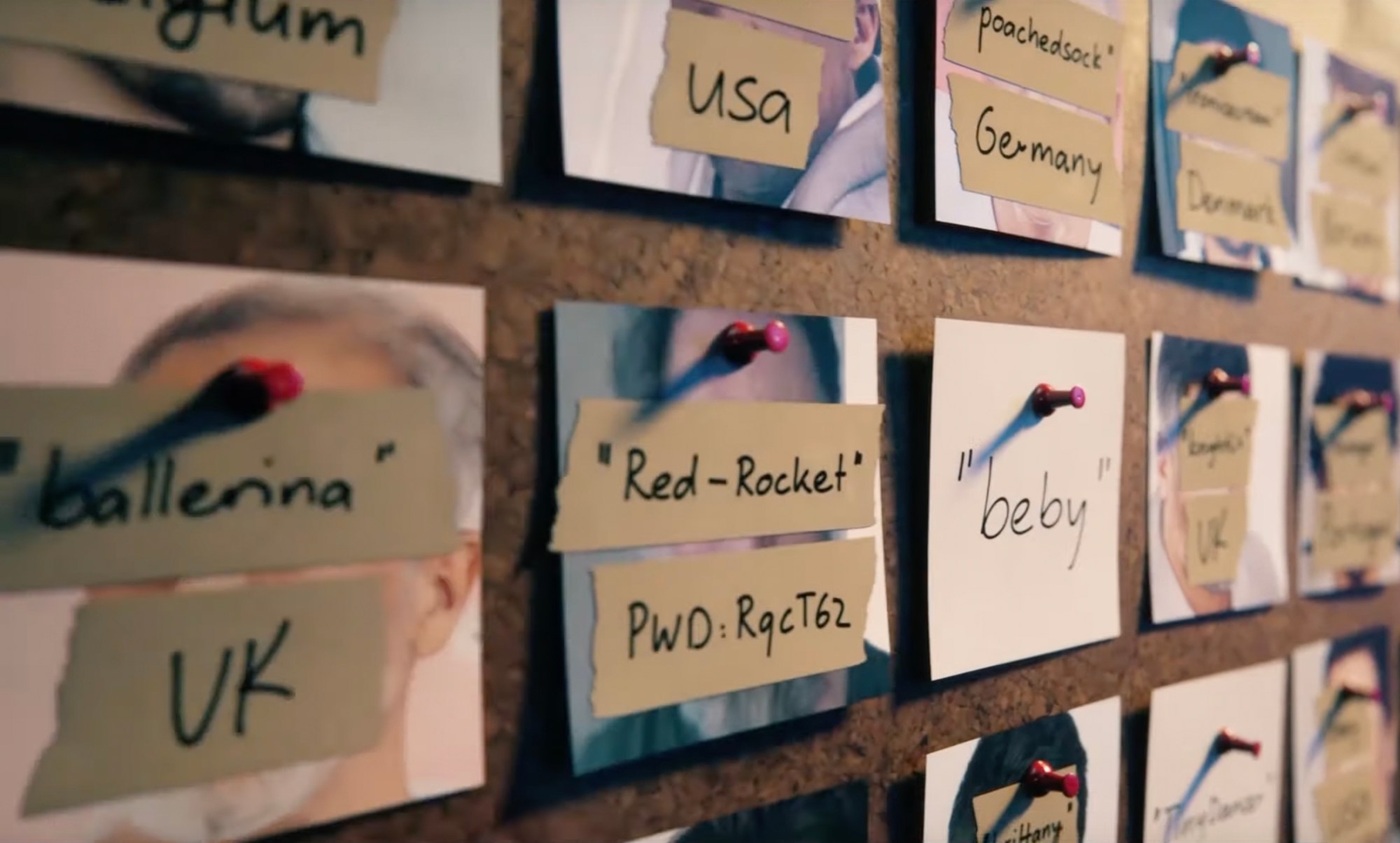
- Industry
Docs: Akhim Dev – “The Children in the Pictures”
It’s not surprising that Australian filmmaker Akhim Dev went gray while making his documentary, The Children in the Pictures. The powerful film takes us inside Task Force Argos, a renowned Australian-based police investigative team, as they go undercover to rescue children from online sexual abuse. From infiltrating global criminal networks to hunting down the world’s worst abusers, the Argos team shines a light on the dark reality of online child sexual abuse and the fight we all face in stopping it. Telling this horrific story has been a labor of love for over eight years for the Australian co-writer and co-director, whose previous credits include: The 3G of Us, Storm Surfers and Discovery/National Geographic’s The Final Sacrifice.
At an interview in Los Angeles, Dev spoke about supporting an impact campaign supervised by Amy Tyler with Goods International which included screenings attended by the California attorney general’s office, the Los Angeles Child Exploitation Task and other law enforcement and politicians.
What was the inspiration behind The Children in the Pictures?
I was doing a research project about high-risk re-offenders, and I started going to a variety of prisons in Australia looking for people in that category to give me their yarn. I met this guy and everything he told me shook me to the core. He described himself as a “card-carrying pedophile” and somebody who’d been attracted to children since he was a child and then in and out of prison since he was 17. He talked about these communities of people on the Dark Web and curiosity got the better of me, so I eventually found a group of hackers who took me on a tour of the Dark Web, and it was staggering. There were terabytes of material that could be accessed, and I was like, ‘why isn’t anyone doing anything about this?’ But as I did my research, I found out about this squad in Brisbane called Task Force Argo and I reached out to them. They invited me to a conference Argos runs with investigators from around the world and the NGOs that support them and tech companies that provide solutions to help find the children and I was just lucky they trusted me to tell their story.
What were some of the challenges in telling this story?
[Producer] Simon Nasht and I honestly and sincerely believe that this is one of the most important stories out there at the moment, on a par with global warming in my eyes, but how do you tell a story where you can’t show a single frame of the monster? Or what they’re doing? It required a lot of collaboration and trust with law enforcement to let us access what we accessed and disguise it in ways that we needed to. But it was a situation where names have been changed to protect the innocent and not create heroes of the guilty.
How difficult is it to convince audiences to watch a film about every parent’s worst nightmare?
It’s tough because we don’t have any obvious bad guys in our film, like Jeffrey Epstein, Michael Jackson, or Jimmy Savile. Really, we’re turning a mirror against all of society and pointing out that as much as it’s society’s fault that this has turned into an epidemic, it’s still within society’s hands to create the change.
Your beard went gray. How tough was it, personally, to tell this story?
I’d been diagnosed with PTSD and ended up with what my doctor described as a seizure at one point. I was naturally going a bit gray but during the period of a few months, I went totally white. The best practices of police investigators are that you never ever watch the video recordings with the audio on or never listen to audio with video on, but I didn’t get an instruction manual going in, so I was around some of the most horrific child abuse material. As fate would have it, I had a child the same age as the one we were focused on finding at one point so there was just an overwhelming feeling of despair.
Did you become more optimistic as your work continued?
Yes, because the people that I’ve been following are true beacons in the world and you also get that good exists in the world not so much in the absence of evil but despite it. There’s technology to help build the tools that will help find the kids and police working around the world together on leads, with NGOs entrusted to help with the triaging, getting all the files fed into a computer to sift through old, current, and new cases to find children.
What do you want audiences to take away from the film?
If you knew how easy it is for children to be groomed and abused – the statistics say that roughly a third of teenagers globally under the age of 13 have been approached by somebody online – you’d realize protecting your child is more than just paying the bills and putting a roof over their head and we all have to be part of the solution. You’re the missing piece.
For more information:
www.thechildreninthepictures.org
Watch Official Trailer: